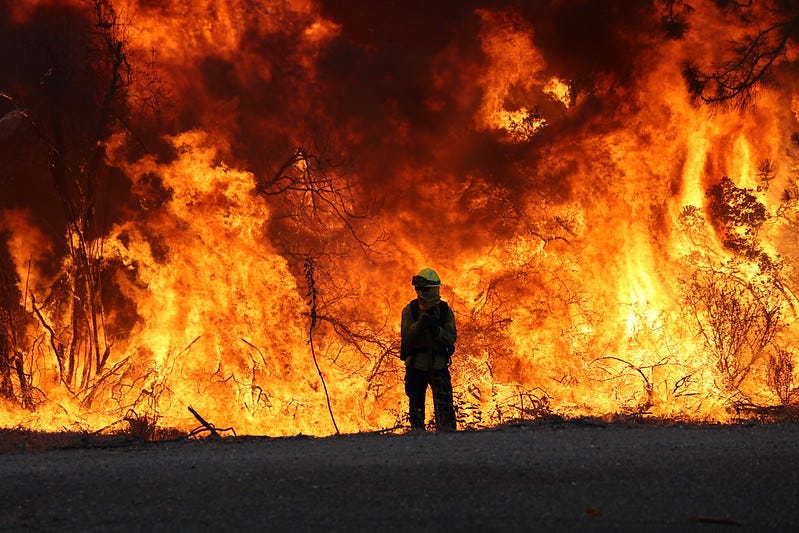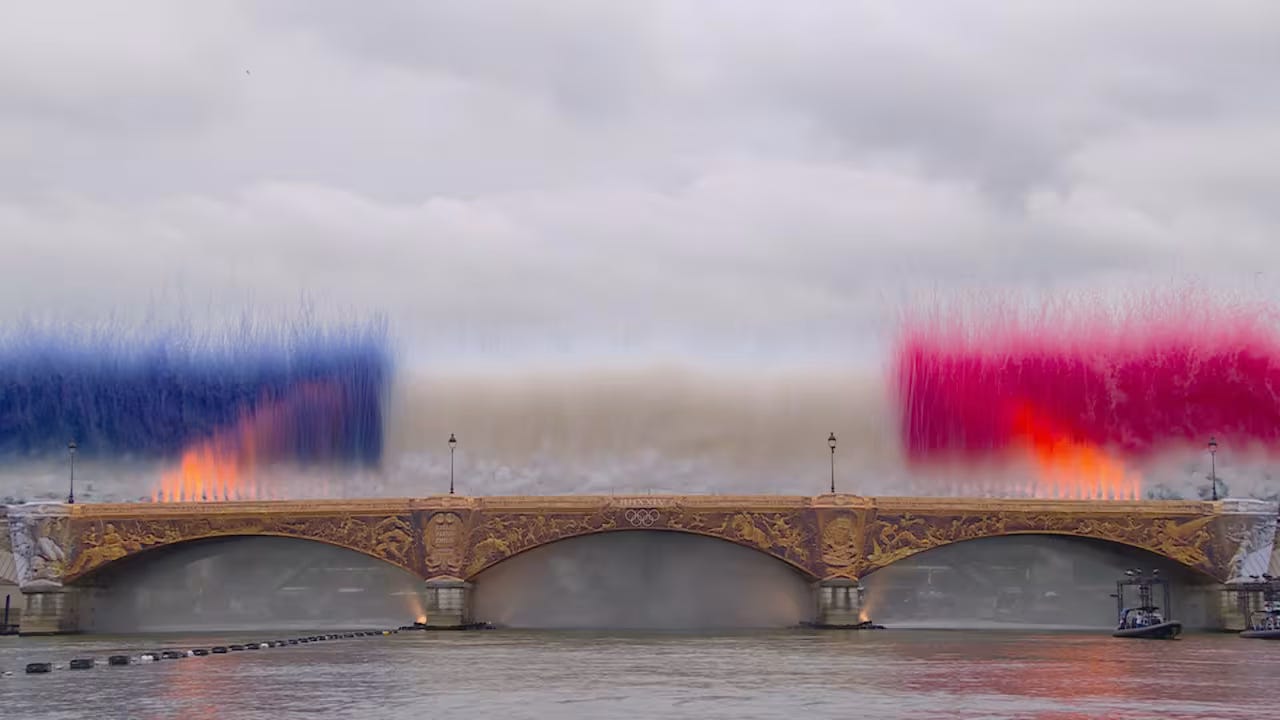Venezuela election crisis threatens climate from three angles
Plus, Paris delays first race in Seine as climate change bites in week one of Olympics.
In today’s edition:
— Don’t miss the last two days of our summer sale. Subscribe now
— Venezuela President Maduro’s rejection of the polls threatens climate from three angles
— Paris Olympic officials fight extreme heat, polluted Seine as first race delayed
— Former Labour business secretary named co-lead of global ESG practice at JP Morgan
— Bill Gates on why the world’s 2050 climate goals are still possible
— Tahiti, under threat from rising seas, enjoys surfing limelight this week for French Olympics
— Summer heat in Paris 5.5°F hotter this year than last time it hosted the Olympics in 1924

The evolving election standoff in Venezuela is rapidly becoming a regional crisis and a major assault on democracy, but for climate watchers it also raises three major threats to South America’s environmental ambitions.
As of press time for Callaway Climate Insights, President Nicolas Maduro was refusing to recognize what international observers claim was a clear landslide win in Sunday’s election by opponent Edmundo Gonzalez, whose supporters claim to have vote counts that suggest Gonzalez won big. Maduro has refused to release ballots, saying that a terror attack on the country’s electric grid was responsible for the delay.
Venezuelans are rioting in the streets as the South American nation and the rest of the world is watching in horror the impact of another strong-arm leader who refuses to relinquish office after a democratic vote.
Venezuela is the world’s fifth largest emitter of greenhouse gasses from methane, which is a super harmful form of pollution caused in part from the burning of excess oil and gas in a practice called flaring, according to the International Energy Agency. The U.S. and other large Western countries have sanctions on Venezuelan oil sales, which would only be tightened if Maduro stays in control, leaving the country little room to attract investment for clean energy, even if it wanted to.
The country is also a major contributor to deforestation, especially in its part of the Amazon forest basin. It has never signed any deforestation agreements with neighboring countries and that would likely continue under Maduro, who has said any sort of environmental efforts by his country would have to be financed by others.
Third and perhaps most important, the election standoff escalates an ongoing humanitarian crisis in Venezuela that has caused millions of people to leave; immigrants headed north toward Mexico and the United States. As many as two million more people are expected to leave if Maduro stays in control. This would dramatically expand the immigration crisis in the entire region, which further exacerbates the climate crisis.
The crisis is fluid, with new developments reported hour-to-hour over the past two days. How this plays out is hugely important for democracy, for investors in South America, and perhaps last but never least, the region’s precarious climate situation. We will stay on this for you.
Don’t forget to contact me directly if you have suggestions or ideas dcallaway@callawayclimateinsights.com.
Follow us . . . .
Twitter | LinkedIn | Facebook | Instagram
Tuesday’s subscriber insights
Paris officials fight extreme heat, polluted Seine to pull off Olympics
Keep reading with a 7-day free trial
Subscribe to Callaway Climate Insights to keep reading this post and get 7 days of free access to the full post archives.


